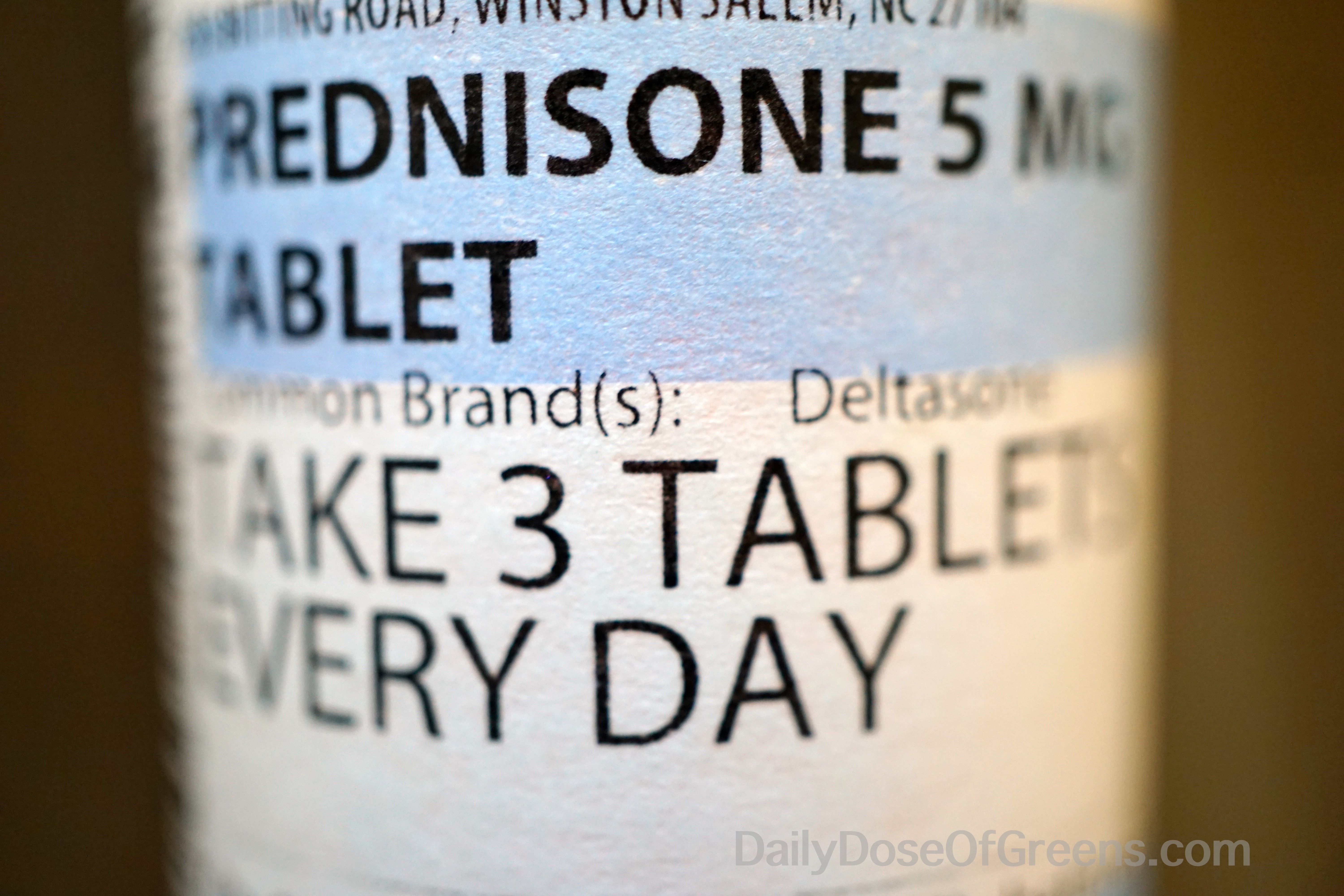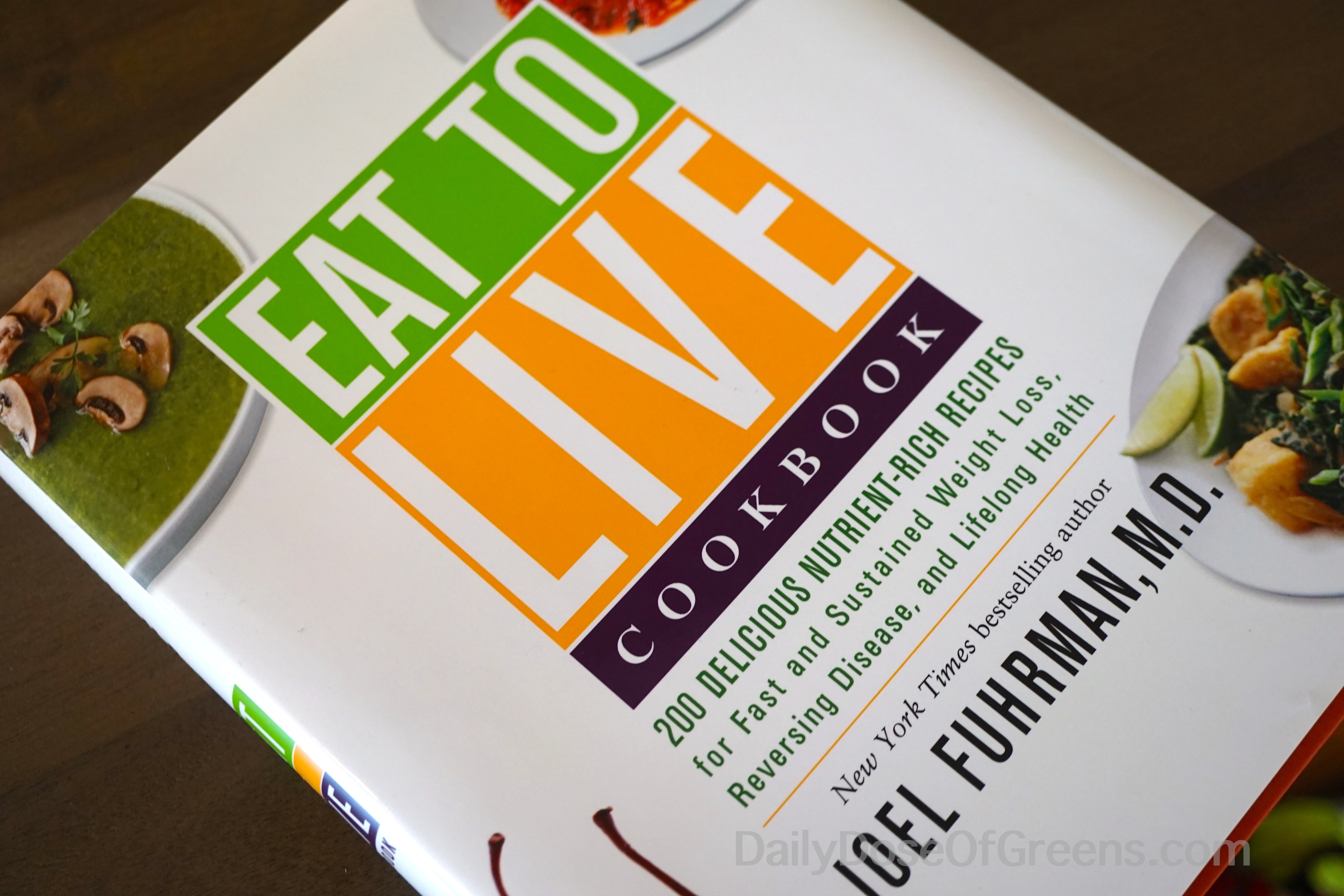The older I get, the more people I meet who are living with a chronic disease. And although each disease causes a different set of symptoms, the same basic principle applies: reduce inflammation to minimize symptoms. This seems like common sense, but there are ways to accomplish this that your doctor won’t tell you.
I’ve been living with lupus for over seven years now, and I’ve learned quite a bit about disease management and enjoying life despite my diagnosis. This list is for those who have a disease and can relate, but it’s also for those who don’t have one to understand what it’s like (and inspire you to take care of yourselves so you don’t develop a disease!).
Here are 7 Things I’ve Learned From Living With a Disease:
1. Good health is essential to a happy life. This one is simple. It’s hard to do the things you love when you feel ill. So shouldn’t you do whatever it takes to improve your health?
2. Diet is important for disease prevention and management. It is this realization that changed my career path from law school to dietetics. I had always heard it’s good to eat more fruits and vegetables, but I never really got it until I switched to a plant-based diet and my lupus symptoms disappeared completely in less than two weeks. I also saw a decrease in other health issues, like chronic headaches, PMS, fatigue, and acne. Certain foods (animal protein, dairy, refined flours/sugars/oils, alcohol, and caffeine) cause inflammation in our bodies, which in turn fuels our diseases. Whole produce tends to have the opposite effect, thus reducing symptoms and improving health.
3. Medications are not ideal, but sometimes they are necessary. I often talk about how disease prevention and management is better with optimal nutrition than drugs, but sometimes food isn’t enough. For example, a few weeks ago I’d been losing sleep because of Abby’s sleepless teething nights, then I got a virus that my husband brought home. This started a lupus flare-up, which caused full-body arthritis. I began doing better with my diet (as in, not “cheating” with a bite of sugar or my husband’s bread, etc.), but I was already crippled with pain and needed to control the inflammation before it permanently damaged my joints. I went on a low dose of prednisone, then started tapering off of it as soon as I could. All drugs are toxic, so you should try to use them only when absolutely necessary and for a limited time.
4. Stress directly affects your health. It actually weakens the immune system and increases inflammation in the body. Some doctors won’t make this connection, but my two biggest lupus flare-ups occurred during very stressful periods of my life (a rough breakup and an abusive relationship). Find out ways to reduce stress in your life, whether that means quitting that job you hate, sleeping more, doing yoga, or exercising more. This leads me to my next point . . .
5. Relationships have a strong impact on your health. This ties in with #4, but I thought it needed its own paragraph. If you’re dating someone who adds stress to your life, you could be damaging your health. Either have a talk with him/her about this, or cut this person out of your life. After all, you never know when precancerous cells are going to become cancerous — don’t give them the opportunity by weakening your immune system with a damaging relationship.
Fortunately, I found a man who adds absolutely no stress to my life. We love each other too much to argue over little things, and if he needs to remind me to do something, he asks kindly. If anything, my health has improved by being with my husband!
6. I will do whatever it takes to ensure that my daughter does not develop a chronic disease. This means feeding her a plant-based diet no matter what the other mothers say. It means teaching her the importance of nutrition and exercise at a young age. It also means praying for her constantly and encouraging her to do what she loves in life.
My favorite book about feeding kids right is Disease Proof Your Child, by Joel Fuhrman, M.D.
7. God is good. It sounds crazy, but I thank God often for my lupus. If I had never been diagnosed, I probably would have gone to law school and wouldn’t have found this career in nutrition that I love. My passion is helping other people live better lives with improved nutrition. Lupus may shorten my life, but it has made me a more fulfilled person — and isn’t that more important than having lots of birthdays? My body will fail me, but God never will.
♥ ♥ ♥
Perhaps you can relate to some of the things I’ve learned from living with lupus, and maybe you can’t. I encourage you not to wait until you have a disease to switch to a healthy lifestyle. You only get one body, so please take care of it!
If you already have a chronic disease and there’s something you’ve learned that you’d like to share, feel free to comment below or email me at dailydoseofgreensRD@gmail.com.
Have a healthy, happy life, everyone! 🙂







Leave a Reply